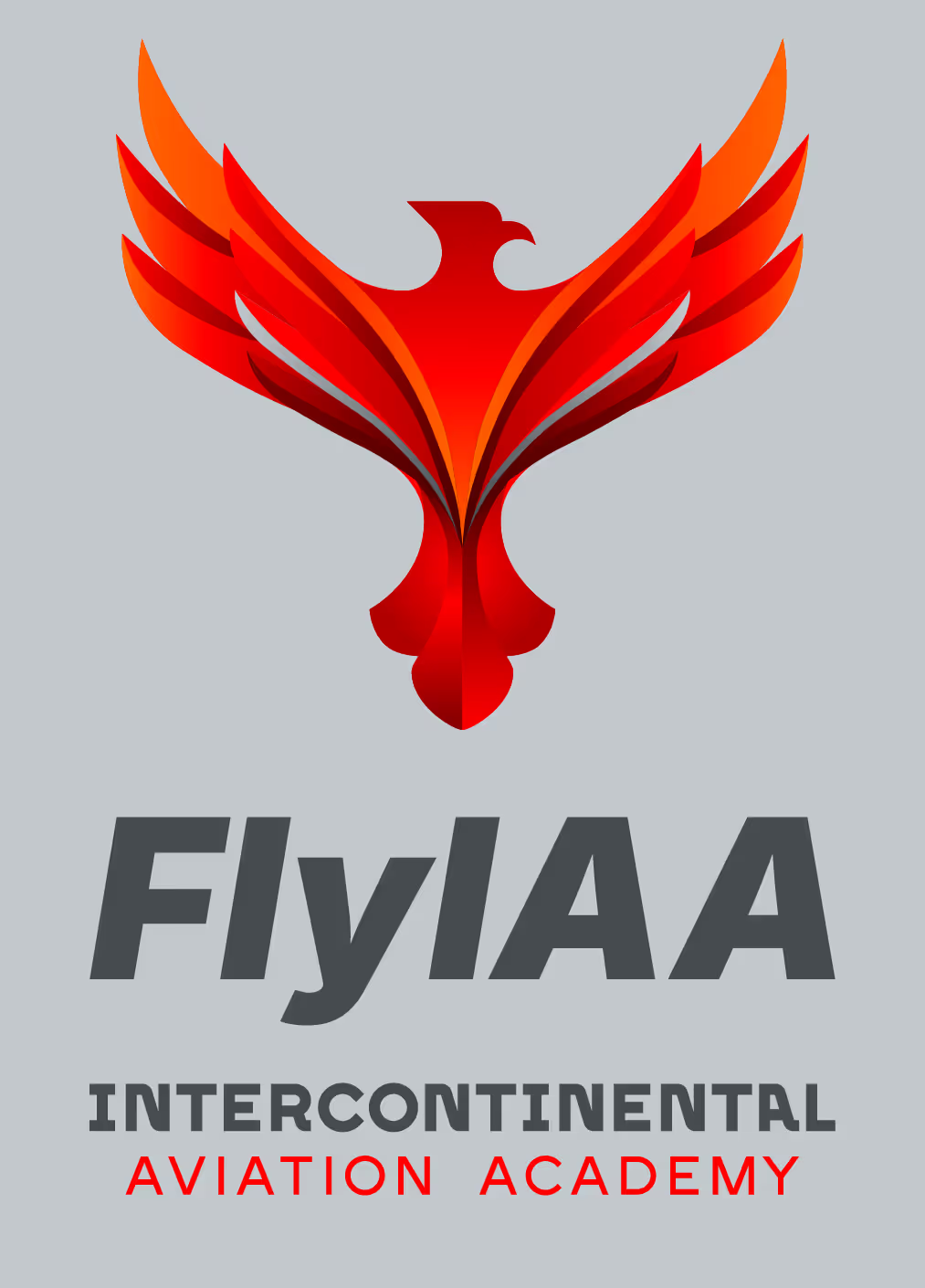"I want to become a pilot, but I'm concerned that in the near future, automation will take over, and there will be no need for more pilots." To be honest, I find the concerns of people who think automation could replace human pilots in the cockpit more troubling than the issue itself. With all the technological advancements, particularly in aviation, I don't just believe that autopilot will never fully replace real pilots in the cockpit, I strongly believe it SHOULDN’T, and here's why!
One of the most critical aspects of piloting an aircraft is the ability to make decisions based on judgment, intuition, and experience. While autopilot systems are incredibly effective at managing routine tasks, they cannot replicate the level of human judgment required when things go off-script. In unexpected situations, such as sudden weather changes, mechanical failures, or emergencies, pilots rely on their training, experience, and situational awareness to make critical decisions. This level of judgment is something that current or future automation simply cannot replicate.
Another aspect to look at is unpredictable situations; the aviation industry is built around safety, and much of this safety comes from the ability of pilots to handle unpredictable situations. Weather conditions, equipment malfunctions, and other unexpected variables require pilots to think on their feet and adapt quickly. While automated systems are capable of managing many routine scenarios, they are not equipped to handle the wide range of unforeseen challenges that can arise during a flight. A human pilot can assess the situation, adapt to changes, and execute complex maneuvers when necessary, something that automated systems are not yet designed to do effectively. Even in the long run, one simply cannot rely on a system to take the best course of action for such situations.
While it’s true that automation can certainly enhance safety by providing extra support and reducing human error, but it cannot replace the proactive safety measures that human pilots provide. Pilots are trained to monitor all systems on the aircraft, recognizing and responding to potential issues before they become critical problems. If something goes wrong in the cockpit, a pilot can take immediate corrective action, whether that means manually controlling the aircraft or communicating with ground control to troubleshoot the issue. Relying solely on automation could leave some critical gaps in safety, as technology is limited by its programming and could miss nuances that a trained pilot would catch.
On another note, a significant part of a pilot's role involves communication, whether with air traffic control, other aircraft, or even the passengers themselves. Pilots are trained to navigate complex communication protocols, understand the context of conversations, and provide clear, precise instructions in stressful situations. Automation might handle routine communications, but it lacks the adaptability, empathy, and social intelligence required in
high-pressure situations. A pilot’s ability to interpret non-verbal cues, collaborate with ground staff, and communicate effectively with passengers is essential in maintaining smooth operations during a flight.
While automation might be a marvel of technology, many passengers still feel more secure knowing that a trained pilot is in control of the aircraft. Trust in the technology alone may not inspire the same level of confidence as knowing that a highly skilled, human pilot is ready to act should something go wrong. The presence of human pilots in the cockpit is an important psychological safety measure, and as automation takes on more responsibility, maintaining that human presence can help passengers feel more at ease.
In conclusion, the future of aviation will undoubtedly involve greater integration of automation, but it is clear that human pilots will continue to play an essential role in ensuring the safety and effectiveness of air travel. Automation can enhance the capabilities of pilots and make flight operations more efficient, but it will never fully replace the need for human judgment, adaptability, and interaction. With these factors in mind, the importance of pilots in the cockpit will remain critical, no matter how advanced technology becomes.







